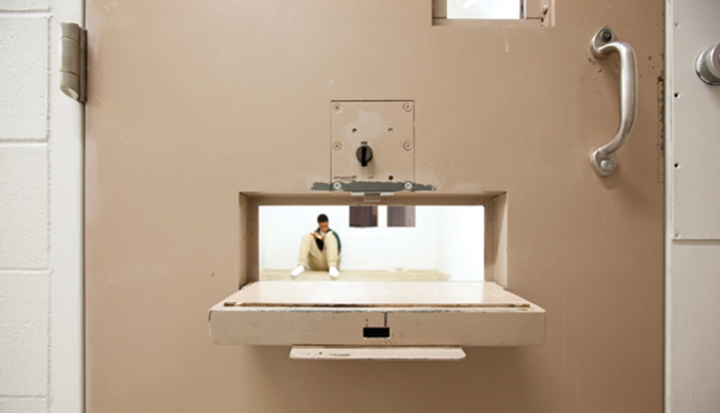Bobby Garcia still remembers walking into prison carrying the bedroll and hygiene kit that the state of California had issued him. It was 1993. The 17-year-old from Los Angeles was terrified but determined not to show it. “There were grown men watching to see who the new guys were,” he says.
It was obvious those men lifted weights.
It wasn’t long before other prisoners asked Garcia what gang he was in. Six months later they ordered him to assault another inmate in order to prove himself. Garcia remembers feeling ashamed. “I was raised Catholic, and I felt like I disappointed God,” he says.
Garcia was in prison because he’d been involved in a robbery, during which one of his co-defendants stabbed and killed a person. That made him guilty of felony murder assault. He was tried as an adult and sentenced to 25 years to life.
Garcia’s story reflects what’s wrong with the United States juvenile justice system. While he was 17 when he was imprisoned, he’d be 42 when released. He’d miss the chance to go to college, to have children, and to build a life for himself.
Read more
This article appears in the May 2016 issue of U.S. Catholic (Vol. 81, No. 5, page 42).















Add comment